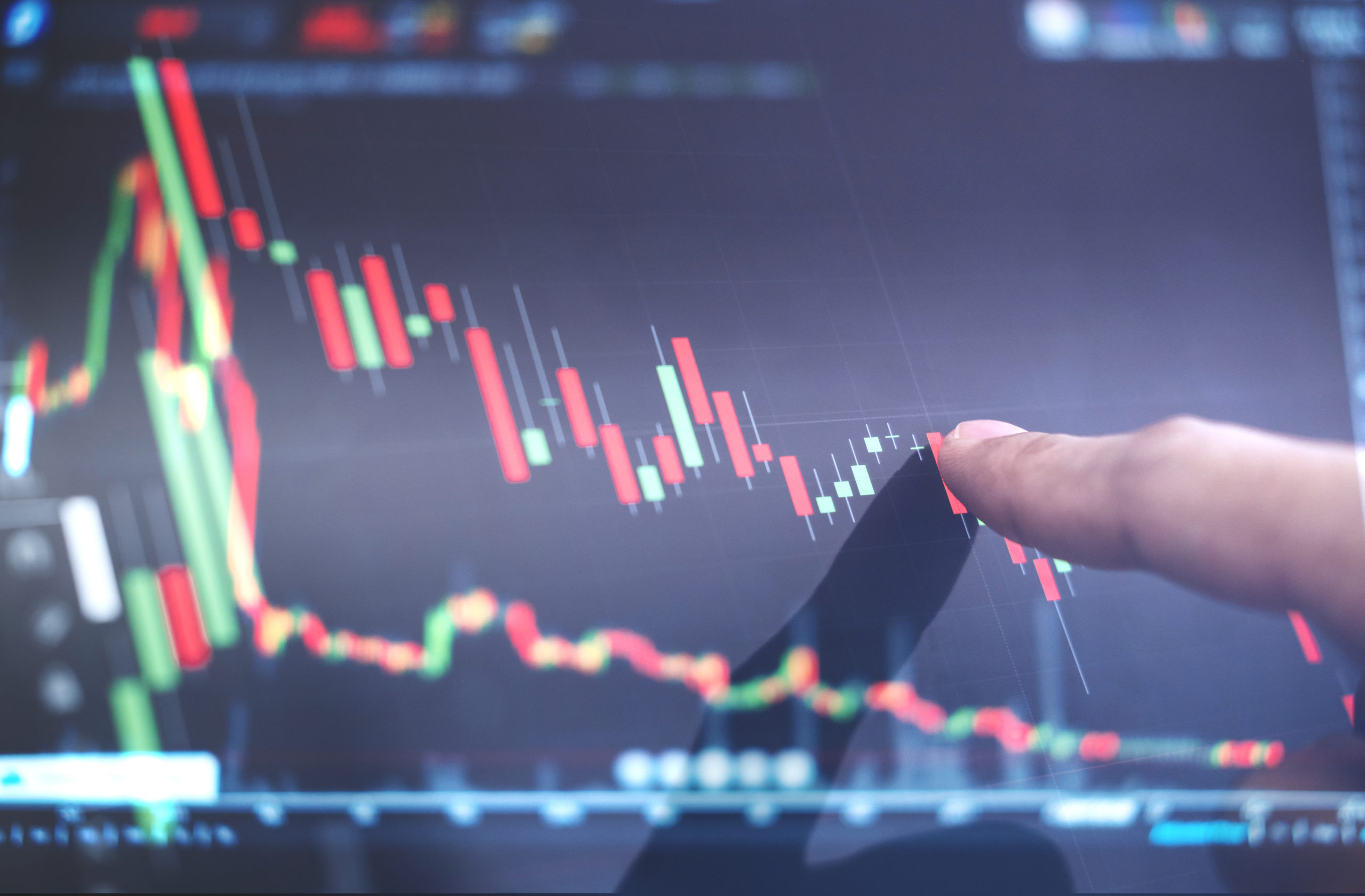Economy
Stocks Drop Again As Stimulus Plan Fails to Pass

The stock market had another rough day yesterday, as the Dow Jones Industrial Average fell 3.1% to close 582 points lower. The S&P slid 2.9% and the Nasdaq dropped a modest 0.3%.
The decline means the Dow is likely to end March as its worst month of trading since 1931. The index is down 26.8% for the month and is on pace to have its worst calendar month since September 1931, when it fell 30.7%.
Most of yesterday’s drop was due to the White House’s economic stimulus package failing to get enough votes in the Senate for a second straight day.
Investors were hopeful that a compromise could be reached today between the two parties that would allow the bill to be signed by President Trump later this week.
That now appears unlikely, despite an optimistic outlook from Treasury Secretary Steve Mnuchin.
Mnuchin told CNBC’s Jim Cramer that Congress was “very close” to getting the fiscal package approved, stressing that it happens “today.”
“We’re using some of the funds we have, but we need Congress to approve additional funds today so that we can move forward and support American workers and the American economy,” Mnuchin added.
At least one billionaire believes that once the stimulus bill is passed, we could be very near the bottom and ready to start the recovery.
David Tepper, who runs the hedge fund Appaloosa Management said in an interview with CNBC yesterday that we could be “near a bottom once we get this package done” but emphasized the need for the government to act quickly.
“It might be time to buy a little, and that means a little,” he stressed. He also warned that the market could still fall by another 10% or 15%, and investors buying now should be aware of the risk of stock continuing to slide.
“We are nibbling, no question about it,” he acknowledged. “Things look really interesting for the long term.I can’t wait to invest again.”
Even with a stimulus package in place, others fear that the damage has been done, and the economy won’t pick back up until the third quarter at the earliest, most likely the fourth quarter.
Chetan Ahya, Morgan Stanley’s chief economist, said the economic fallout from the coronavirus “is definitely going to hurt” the firm’s forecasts.
“Essentially, what we have is a significant decline in personal consumption expenditure as well as the business investment in the second quarter, so, this is definitely going to hurt our forecasts. And so, we are now expecting this to continue into [the] second quarter and then expected recovery from the third quarter assuming that … cases peak by sometime in [the] second half of April or early May.”
The International Monetary Fund (IMF) has a much more bearish outlook, saying yesterday that we are headed for a global recession will be worse than the one we experienced during the 2008 financial crisis.
“The economic impact is and will be severe, but the faster the virus stops, the quicker and stronger the recovery will be,” said IMF's managing director Kristalina Georgieva, in the statement.















